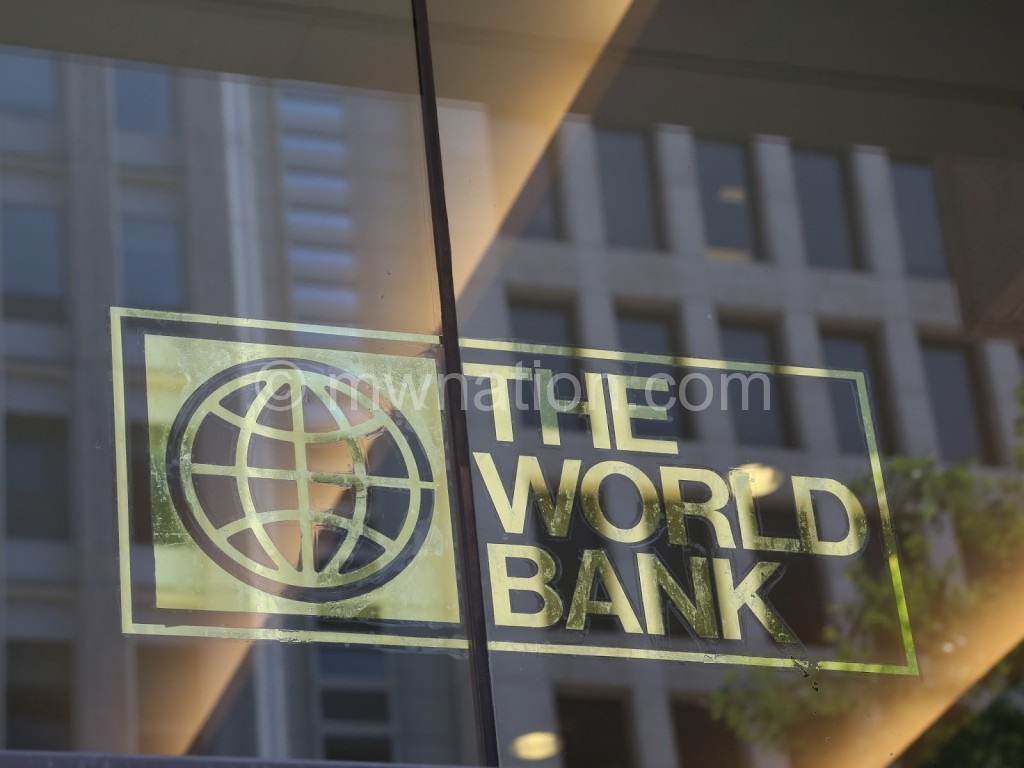World Bank tips Malawi, others on trade amid Covid-19 crisis
The World Bank has asked countries in the sub-Saharan Africa (SSA), including Malawi, to introduce practical policies to support enterprises so that trade disruptions are not permanent and the shocks do not persist.
In its policy brief published yesterday titled Covid-19 and Trade in SSA: Impacts and Policy Response, World Bank research analyst in the Chief Economist Office for the Africa region, Woubet Kassa, said this requires coordinated effort sbetween governments, workers organisations, and global lead firms as well as domestic firms.

He also asked African countries to reconsider their industrial policies and encourage firms to rethink their strategies to address emerging uncertainties as they chart their future beyond the pandemic.
Kassa said: “Despite the relatively low number of confirmed cases, the region’s economy would be hard hit due to its high reliance on trade, heavy dependence on commodities, an already fragile food system, and limited fiscal capacity to respond to the economic fallout from the crisis.
“This crisis will reinforce the region’s inherent vulnerabilities, posing risks of wiping out the gains made in poverty reduction.
“The response calls for a regional and global coordination to scale up safety nets, minimise the risks to long term business disruptions; facilitate flow of essential goods and services and ease the burden on the region’s debt requirements to free some fiscal space.”
He observed that countries most affected by the pandemic, mainly the United States, China, Japan, Germany, the United Kingdom, France and Italy account for about 60 percent of global gross domestic product (GDP), 65 percent of global manufacturing and more than 40 percent of global manufacturing exports, while forming key parts of the global value chains (GVCs).
Word Bank figures show that though Africa accounts for a very small share of global trade (three percent), the share of trade in the national income of most economies in the region is relatively large, compared to other regions.
In 2017 for instance, the share of trade in gross domestic product (GDP) was 31 percent in North America, 40 percent in South Asia, 56 percent in SSA and 57 percent in EAP.
Africa’s share of exports to the rest of the world ranged between 80-90 percent during 2000-2017, higher than any other region.
Speaking earlier, Ministry of Trade and Industry Mayeso Msokera admitted that the coronavirus outbreak will likely affect volumes of trade between Malawi and its major trading partners who are adopting measures to mitigate the spread of the virus.
Msokera was, however, quick to point out that for now there is no any significant impact on the availability of the country’s strategic imports as supply chains are still functional for now.
Meanwhile, Malawi government has set aside a fund to deal with the pandemic.




